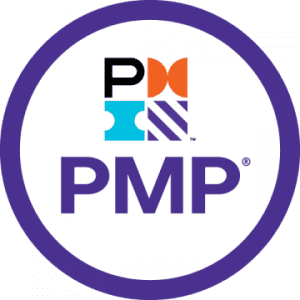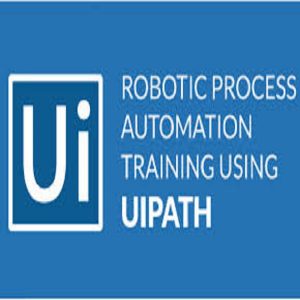About the course
Learn how to write SQL (Structured Query Language) from scratch with SQL Essentials training course. This course will easily step you through writing SQL using Microsoft’s SQL Server Management Studio. SQL allows you to retrieve, sort, filter, group, aggregate and calculate data stored in a SQL Server database. This course is designed for people wanting to learn how to interrogate data from a relational database, how to manipulate this data (Insert, update, and delete records). Although we use SQL Server to interrogate data throughout this course, SQL is a common language easily adapted to other RDBMS (relational database management systems) such as MySQL, IBM DB2, PostgreSQL, Oracle, Ingres, Sybase and Microsoft Access.
What are the objectives of this course?
After completing this course, you will be able to:
- Define RDBMS and three normalization forms
- Using DDL Statements to Create and Manage Tables
- Manipulating Data Using DML
- Retrieving Data Using the SQL Select Statement
- Restricting and Sorting Data
- Displaying Data from Multiple Tables
- Using the built-in functions.
Why Learn SQL?
Nowadays, information is gathered from a variety of root, and the information is of great value to organizations. However, with an increasing amount of data comes the need for a database that can entrepot information for retrieval and analysis by the trained specialist. Thus, proper data analysis is in high demand in our digital world. A relational database, which logically group information into chunks, are basically used to store and organize large amounts of data. Of course, if you’re looking to retrieve any kind of information from a database, you need to speak its oral communication! The most widely used speech communication for interacting with the database is SQL (Structured Query Language), the amber standard of relational databases. SQL queries, which are essentially requests or instructions that you send to a database, allow you to retrieve information and update, insert, or delete data. SQL is mainly associated with the IT sector and is an everyday instrument for database administrators. Developers use SQL to write an application that requires database connector, and systems architects use it to design database models. All of this mean value that encyclopedism SQL is a great choice for anyone who would like to pursue a career in IT.
Who should go for this SQL Training?
This course is for beginners with absolutely no experience in database.
What are the pre-requisites for this course?
There are no pre-requisites for this course, however, some fundamentals knowledge about DBMS will be beneficial.







